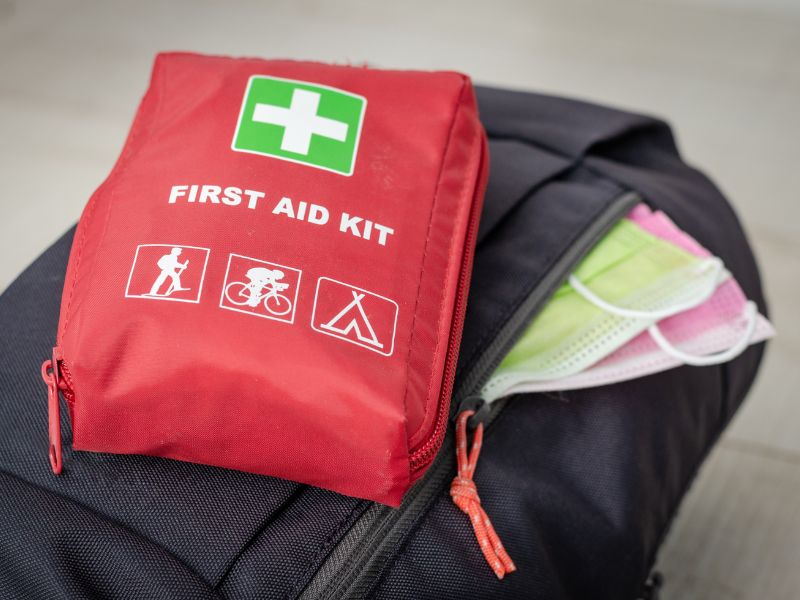
Suitcase for emergencies: what to take on vacation
Preparing for Emergencies During Vacation
When planning a vacation, it’s crucial to pack a well-stocked emergency kit. This kit can make the difference between a peaceful vacation and a stressful situation in case of minor accidents or health issues. Here’s a comprehensive guide on what to include to be prepared for any situation.
Essential Medications and Medical Devices
To address common ailments during travel, it’s advisable to carry an assortment of over-the-counter medications. These should include pain relievers and anti-inflammatories like acetaminophen or ibuprofen, fever reducers, antacids for stomach issues, anti-diarrheals, and intestinal disinfectants. It’s also useful to have antihistamines for allergic reactions, insect repellents, and post-bite sticks to alleviate discomfort caused by insect bites. Any medications for nausea might also come in handy. Of course, before purchasing or taking any medication, it’s important to consult with your doctor.
First Aid Kit
A well-equipped first aid kit is essential. This should contain adhesive bandages, sterile gauze pads, disinfectant, scissors, sterile tweezers, bandages, and a survival blanket. It’s useful to include an instant ice pack, a thermometer, and sterile gloves as well. These items allow for the treatment of minor wounds, bruises, and cuts, providing initial assistance while waiting for any necessary medical intervention.
Medications for Children and Individuals with Chronic Medical Conditions
If traveling with children, it’s important to bring oral rehydration solutions for diarrhea, ear drops, nasal sprays, and specific medications for potential ear infections. Additionally, for those who take medication regularly, it’s crucial to bring an adequate supply that covers the entire duration of the trip, along with a medical prescription detailing the active ingredient and dosage. This facilitates the purchase of equivalent medications abroad if needed.
Storage and Precautions
Before departing, check the expiration dates of medications and prefer solid formulations, which are less susceptible to high temperatures. Avoid exposing medications to temperatures above 25 degrees Celsius and store them in their original packaging. It’s also important to consult with your doctor about possible interactions between medications and sun exposure, as some medications can cause skin reactions under UV rays.
Preparing a well-stocked emergency kit is an essential step to ensure a peaceful and safe vacation. Bringing along the right medications and devices allows for calmly addressing minor health inconveniences, ensuring a prompt solution to any problem.
Sources


